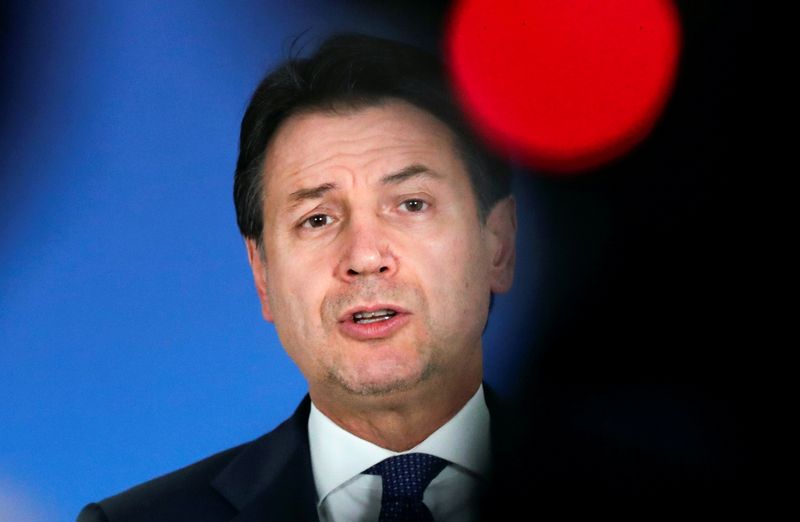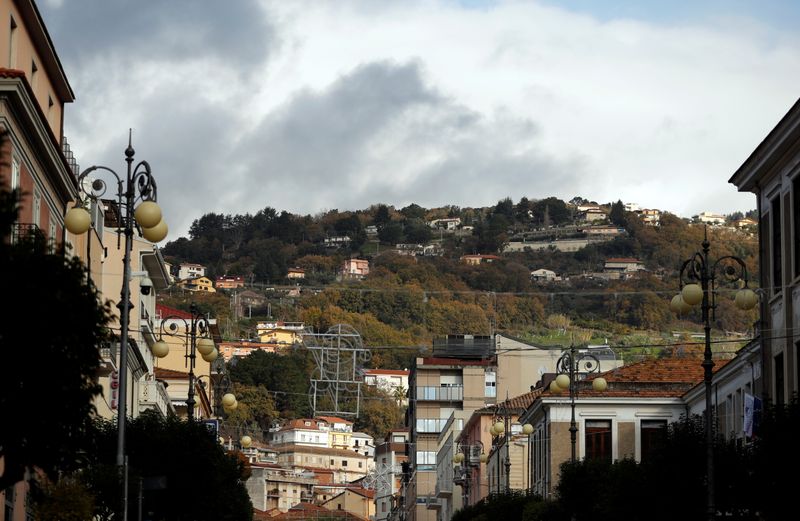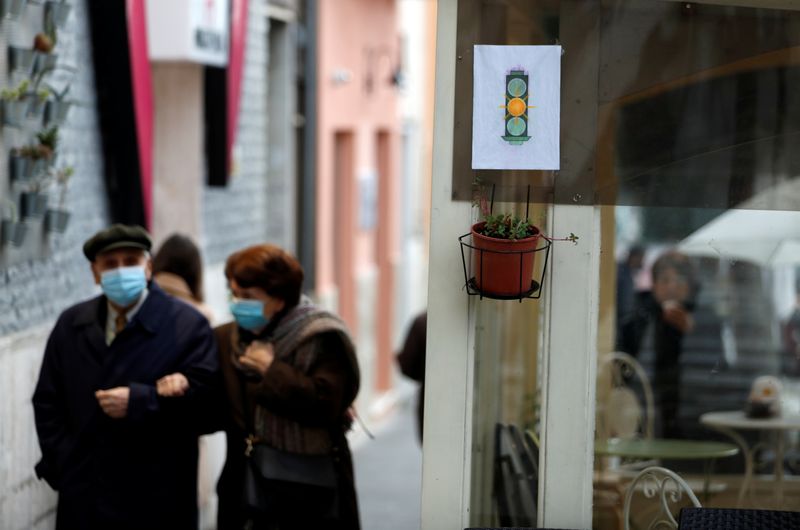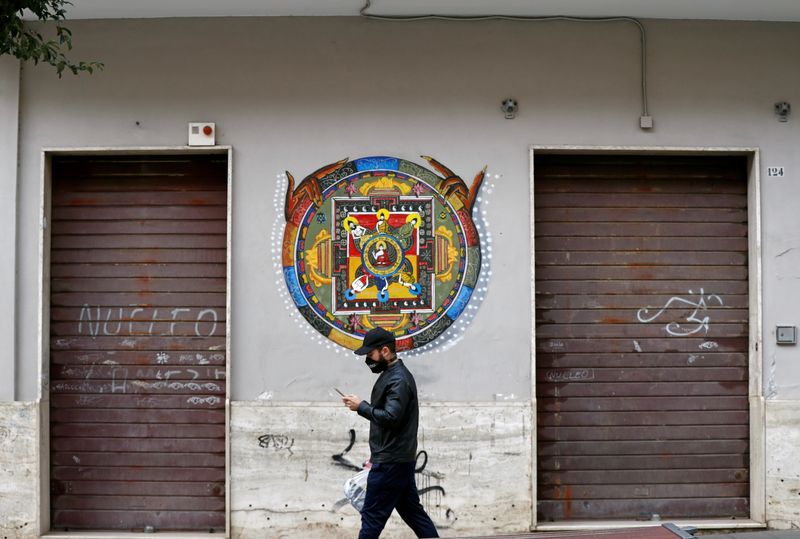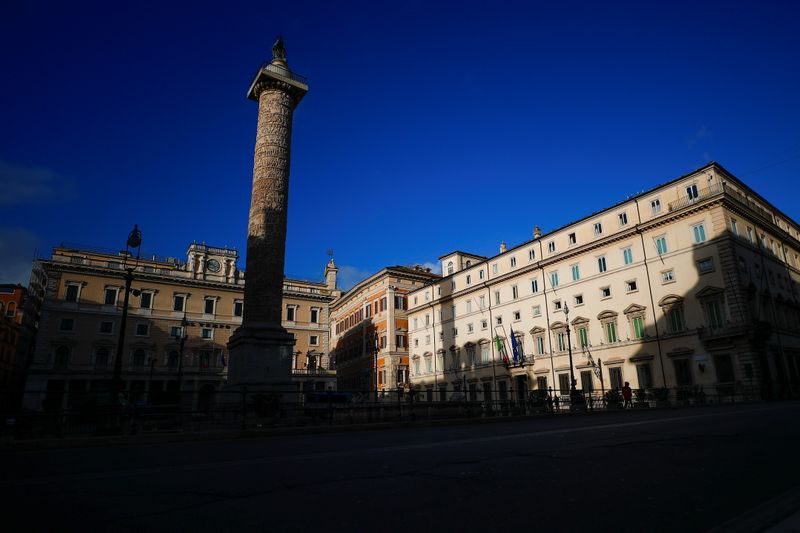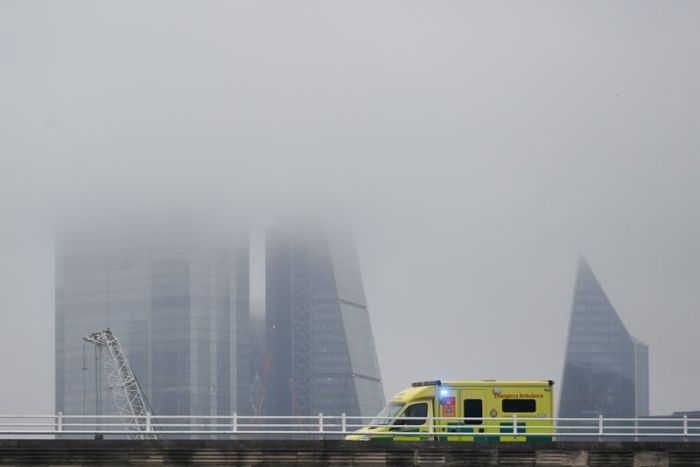ROME (Reuters) – Italian Prime Minister Giuseppe Conte resisted calls to resign on Thursday after a junior coalition party pulled out of his government, stripping him of a parliamentary majority in the midst of the COVID-19 pandemic.
Instead, Conte signalled he wanted to take his fight for survival to parliament, with his main coalition partners backing plans to try to find so-called “responsible” lawmakers from among opposition ranks to prop up the administration.
On Monday he will address the Chamber of Deputies on the crisis and what is sure to be a fiery debate will be followed by a vote of confidence that should provide an indication of whether he can battle on.
If he survives that vote, an even tougher one will come the following day in the upper house Senate, where cobbling together a majority looks more difficult.
“Government majorities are put together in parliament, openly, in the light of day and without shame. This is what we will do now,” said Dario Franceschini, the culture minister and a leading figure in the co-ruling Democratic Party (PD).
Former premier Matteo Renzi plunged the country into political chaos on Wednesday when he withdrew his two ministers from the cabinet, presenting a long list of grievances over how Conte had handled the health emergency and the economy.
Renzi has left open the door to returning to the fold so long as a new policy pact could be worked out, but his one-time partners said they wanted nothing more to do with him.
“We cannot return to the negotiating table with him,” said Vito Crimi, head of the co-ruling 5-Star Movement.
The political ructions pushed the gap between Italian and German government bond yields to its widest level in over a month on Thursday, while borrowing costs rose slightly from recent record lows at an auction.
“Opening a government crisis was an unprecedented act of irresponsibility,” Economy Minister Roberto Gualtieri told state broadcaster RAI, voicing widespread anger in his PD party over Renzi’s manoeuvring.
POLITICAL OPTIONS
Analysts said markets would become much more volatile if investors thought the crisis would lead to an early election, which polls indicate would likely be won by the opposition centre-right bloc headed by Matteo Salvini’s eurosceptic League.
Salvini called on Thursday for a vote and shrugged off concerns about campaigning during the coronavirus epidemic, which has killed more than 80,000 people in Italy and plunged the country into its worst recession since World War Two.
One of Renzi’s main complaints about Conte is the way he has handled plans to spend more than 200 billion euros ($243 billion) of promised European Union funds, accusing him of trying to bypass parliament in the decision-making process.
Renzi also said Conte must accept up to 36 billion euros offered for the health system by a separate euro zone bailout fund. No country has tapped this mechanism amid fears the cash will come with unwelcome conditions.
For Conte to stay in office, he would need to find around 25 lawmakers in the 630-seat lower house and up to 18 in the 315-seat Senate. However, such a majority would be fragile, making prolonged political stability hard to achieve.
If Conte cannot find a way to stay in office, President Sergio Mattarella might seek to put together a broad-based government of national unity to overcome the impasse, which has been met with consternation by many ordinary Italians.
“We are worried because politics never work in Italy. I don’t know why … it just takes some common sense especially at a time like this,” said Benito Gaetano, a resident of the southern city of Lamezia Terme.
($1 = 0.8230 euros)
(Additional reporting by Giuseppe Fonte and Gavin Jones; editing by Philippa Fletcher and Nick Macfie)

